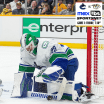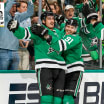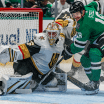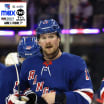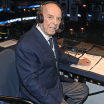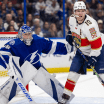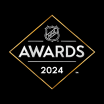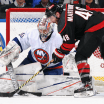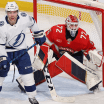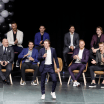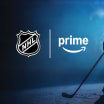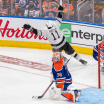There were owners of the six original NHL franchises and League president Clarence Campbell on one side of the table. On the other side were owners from the NFL, famous entertainers and politicians. On the agenda was the matter of League expansion, and 50 years ago Tuesday it all came together in what was a momentous day in the history of the NHL.
On Feb. 9, 1966, the League doubled in size with the birth of the "Second Six," the Board of Governors awarding franchises to Philadelphia, Los Angeles, Pittsburgh, San Francisco, Minneapolis-St. Paul and St. Louis.
'Second Six' took shape 50 years ago
Board meeting led to naming of NHL's first expansion franchises
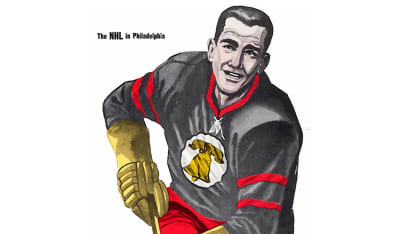
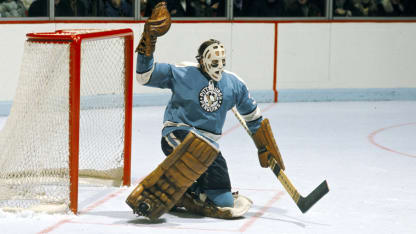
© Denis Brodeur/Getty Images
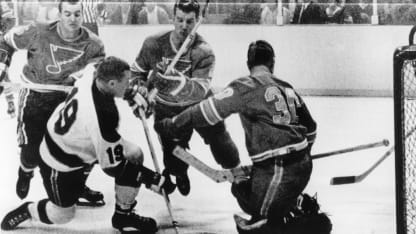
© B Bennett/Getty Images
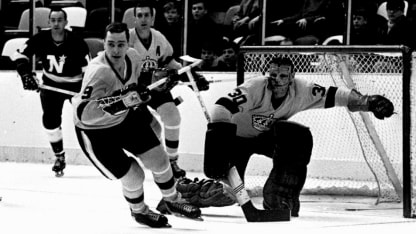
© B Bennett/Getty Images
